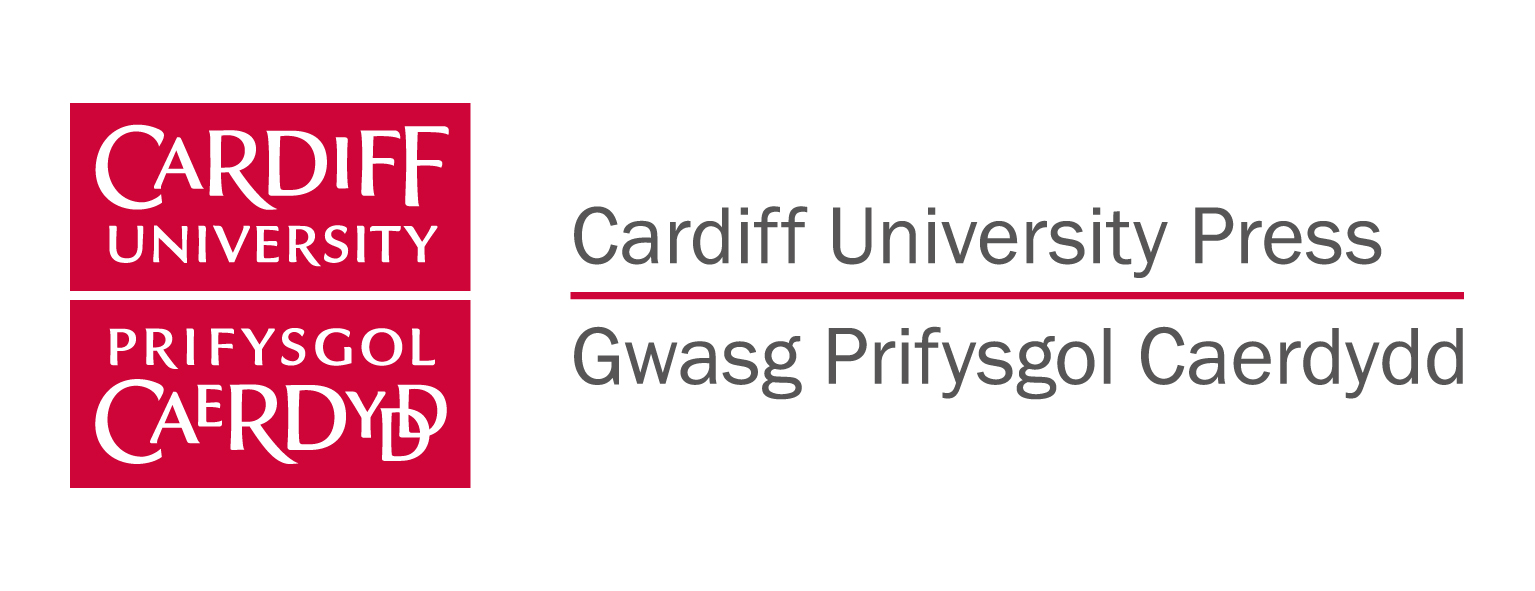
by Manu Samriti Chander
Last time I brought up Shelley’s famous line at the end of the Defence of Poetry, suggesting that Derozio, like other brown Romantics, conceived of his position as a poet as a world-legislator—the terminal uniqueness of the poet made it possible for figures struggling with questions of uncertain cultural membership to find not only solace and refuge but also the chance at fame. Of course, poets, according to Shelley’s formulation, were not just legislators but “unacknowledged legislators”—specifically they were unacknowledged by Thomas Love Peacock, whose lamentation over the state of modern poetry spurred Shelley’s Defence. More generally, though, the Romantic poet was caught in a struggle for recognition, competing with other legislators—lawmakers, religious leaders, critics, novelists, and, of course, other poets. I think one potential basis for comparative, globally-minded Romanticism lies in this struggle.
There’s a letter in which Derozio, writing under the name “Peter Plain,” takes aim at a review of his first collection. The reviewer had suggested that Derozio’s images in a poem called “Heaven” must have been drawn from “the pages of Arabian fiction,” as they are nowhere to be found in the Bible. Derozio responds by quoting chapter and verse, pointing out the exact sources of his images in holy scripture. In the preface to his second collection of poetry, the Guyanese poet Egbert Martin, writing under his penname “Leo,” notes that his first collection, the 1883 Leo’s Poetical Works, was criticized for containing too much “goody-goodiness” and tells us “I must confess that I have deliberately searched through at least two dictionaries without being able to discover such a word.” Hoping to avoid charge in his second collection, “Leo” turns away from the religious themes of his first book and focuses more heavily on local life. (More about Martin in a future post.)
What enables both Derozio’s and Martin’s own defenses of their poetry is the rise of a relatively autonomous “cultural field,” Pierre Bourdieu’s term for the arena in which cultural goods—poems, novels, art, music, etc.—are exchanged, i.e., read, displayed, or performed. This field of cultural production and consumption is a field of contestation, as artists and audiences compete for a position of relative privilege that earns them cultural capital. The (necessarily elusive) “prize” for victory in this competition is “absolute judgment,” the last word in matters of taste. To be the voice of absolute judgment meant for poets across the nineteenth-century globe to govern their respective cultural fields, to legislate, to give shape, order, and reason to systems rooted in dissent.
Importantly, the position is not won simply by bickering; rather it is imperative for the legislator to present a positive poetic alternative: both Derozio and Martin suggest that, while accord in matters of taste does not exist within the cultural field, such accord is possible. Thus Derozio describes, in the ars poetica I quoted in my second post, poetry’s power to travel across borders carrying a “melody of love”; and Martin likens the poet to a magician who “Leaves in the place of what had been/A mass of baseless mould/A figure, shape, or fantasy/Transformed to purest gold” (“The Poet,” ll. 37-40). Of course both of these gestures are self-serving—the consecration of poets and poetry by poets in poetry represents an effort to secure the importance of the poet-legislator within a society of other potential legislators. Read less cynically, though, such strategies also sustain the belief that the disagreements constitutive of the cultural field might be resolved through poetry; poets write, they suggest, not despite the fact that the legislative capacity of poetry is unacknowledged, but because it might, in a better world, be acknowledged.
Manu Samriti Chander is Assistant Professor of English at Rutgers University-Newark. His research interests include nineteenth-century world literature and aesthetic theory. He has published on Immanuel Kant, Pierre Bourdieu, Samuel Taylor Coleridge and Percy Shelley. His current project, Brown Romantics, traces the influence of British Romanticism in the literature of South Asia, Australia, and the Americas.
Top image adapted from George Palmer, “The World on Mercator’s Project,” in The Migration from Shinar; or the earliest links between the Old and the New Continents (London: Hodder and Stoughton, 1879).

[…] Global Romanticism IV: Acknowledging Unacknowledged Legislators […]
[…] I mentioned previously, Martin was deeply conscious of the negative reviews that his first collection received and worked […]